Greek City of Elefsina Celebrates Ancient Past as Culture Capital of Europe

Πηγή Φωτογραφίας: Facebook/2023 Eleusis European Capital of Culture
Elefsina, known in ancient Greece as Eleusis, has a population of twenty-five thousand and is situated about 20 kilometers (12.4 miles) west of Athens. It is the smallest and oldest city in the history of the program developed in 1985 which has, to date, been awarded to more than sixty cities across the European Union (EU) and beyond.
Opening ceremony for Elefsina Culture Capital of Europe
The opening ceremony was inspired by the city’s history and mythology: the processions and the link between the Upper World and the Underworld. On Saturday afternoon, four marches of people arrived at Elefsina from sea and land.
Invited walkers from all over Greece traveled the entire Sacred Way, traversing the geography of Attica and thus connecting Athens with Elefsina.
The ship Protoporos moored at the port of the city, having sailed from Piraeus, on the first route of the “Sacred” Sea Route: It was a unique guided experience, to the sounds of favorite songs by leading Greek composers.
The streets were filled with music and dance highlighting Elefsina as the birthplace of multiple cultural identities.
The opening events will be held throughout the weekend with exhibitions, concerts, DJ parties and side events across the town of Elefsina.
Elefsina: the home of the Eleusinian Mysteries

Thousands of years ago, people came to Eleusis, hoping to gain insight into the mystery of death with the help of the Eleusinian Mysteries.
The ancient festival was celebrated in honor of the goddess Demeter and her daughter, Persephone, and was regarded as the most sacred of all the mysteries in the Ancient Greek religion.
Ancient Greeks partook in the festival each year from around 1600 BC to 392 CE, and it took nearly a whole year to prepare for the secretive rites.
Based on the little that is known about the ritual, experts believe that participants would walk along the Sacred Way in a parade that lasted ten days until they reached the Temple of Demeter in Eleusis, where they would take a sip of a sacred drink called Kykeon after days of abstaining from food.
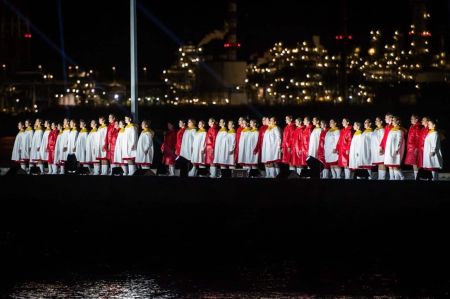
Once the substance had been drunk, participants would dance ecstatically and re-enact the story of Demeter and Persephone.
The ancient temple of Demeter at Eleusis was burned down by the Persians in 484 BC in the Greco-Persian Wars. It was not until the administration of Pericles that an attempt was made to rebuild it.
Industrialization transformed Elefsina
Elefsina was transformed from the 19th century onwards into the productive engine of Greece and one of its largest industrial centers. Signs of industrialization are prominent throughout the city.
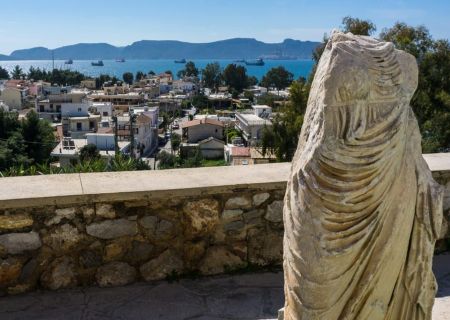
However, this was also a curse because the oil refineries, cement factories, and other industries that were built right up until the 1990s brought more than just employment and prosperity.
Elefsina hopes that being a European Capital of Culture 2023 will bring prosperity to the city. They also hope it will bring many visitors from all over the world.
Elefsina is the fourth European Capital of Culture hosted in Greece, after Athens (1985), Thessaloniki (1997), and Patras (2006).
Διαβάστε όλες τις τελευταίες Ειδήσεις από την Ελλάδα και τον Κόσμο






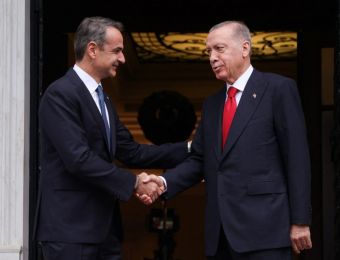
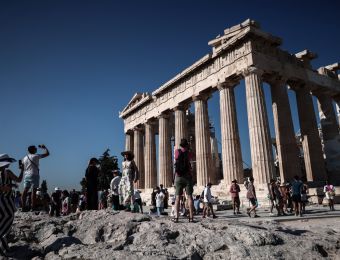
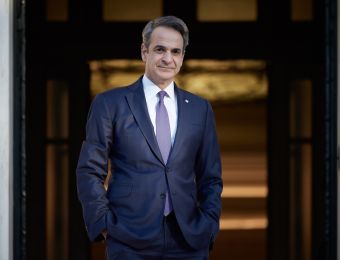
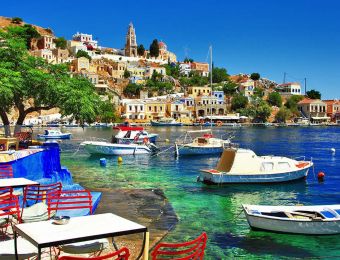
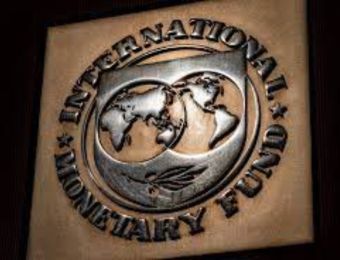



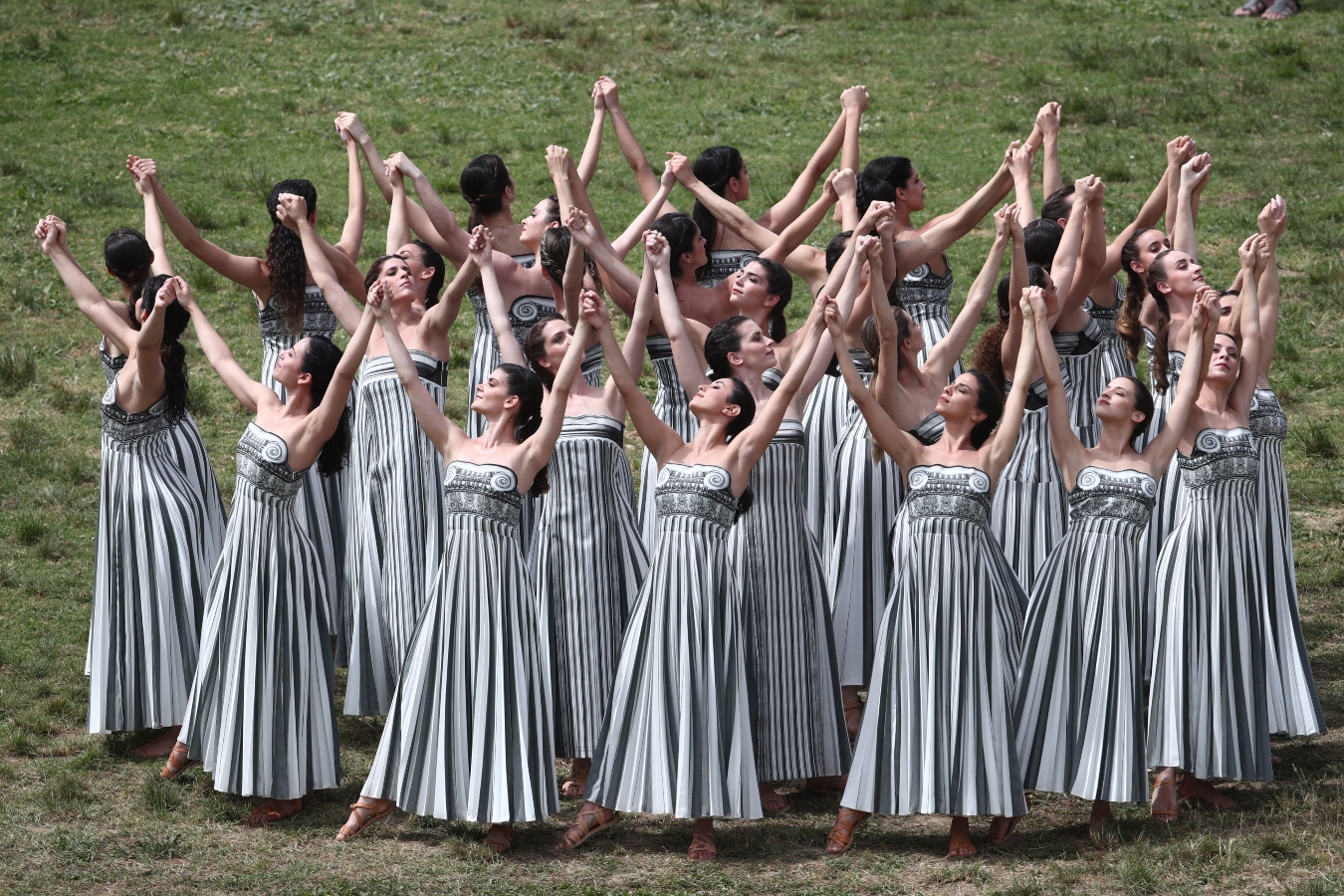



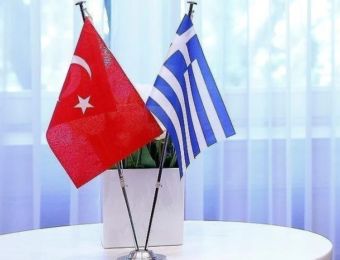

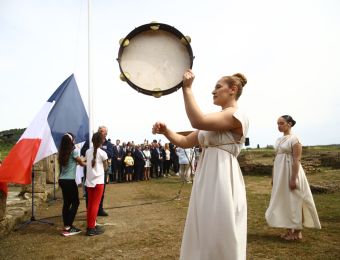


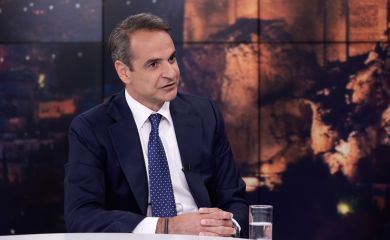



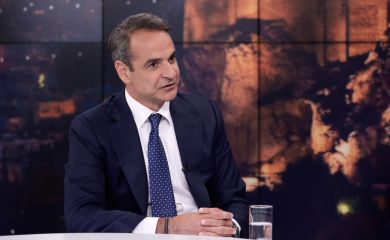
Το σχόλιο σας